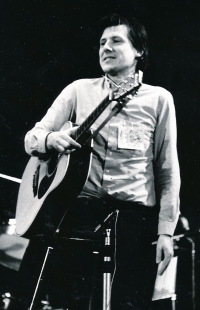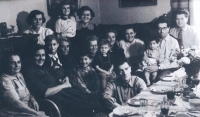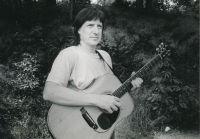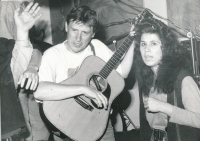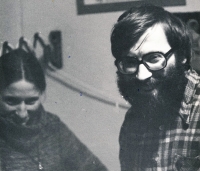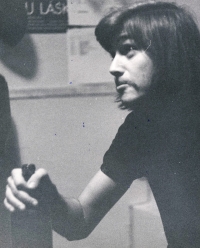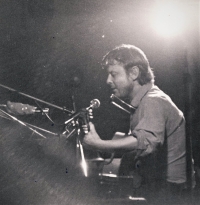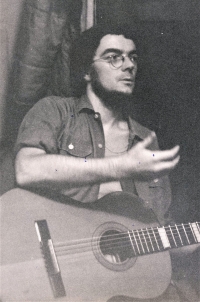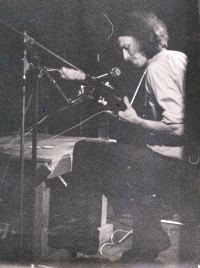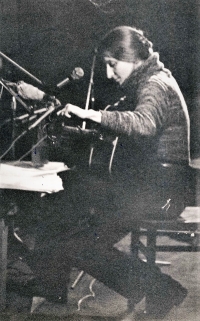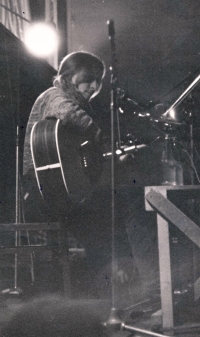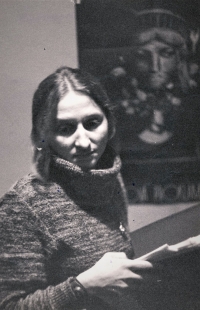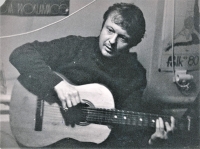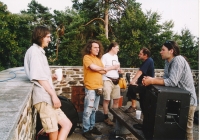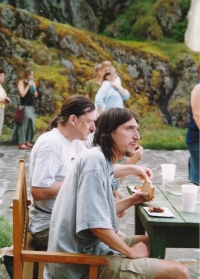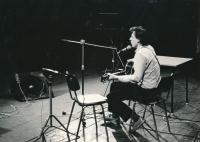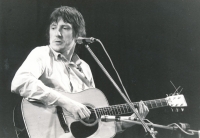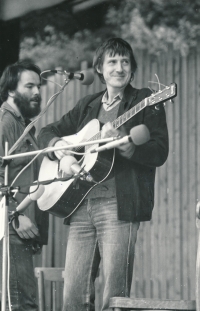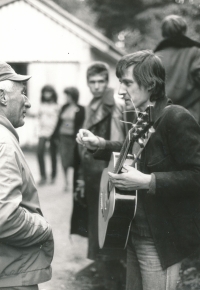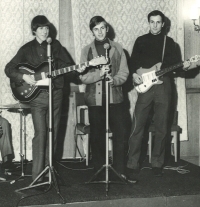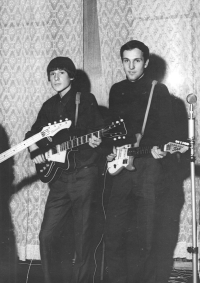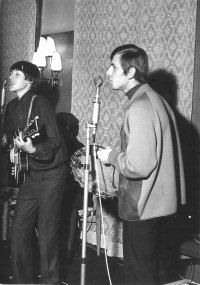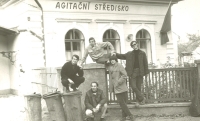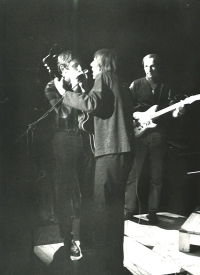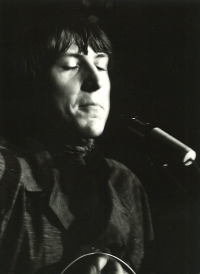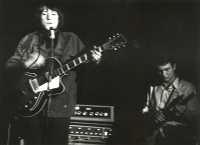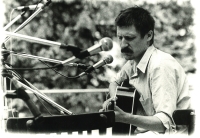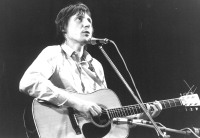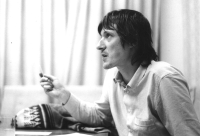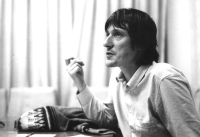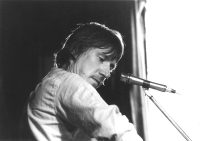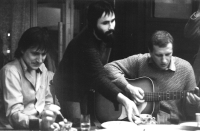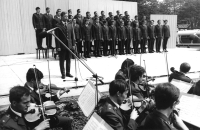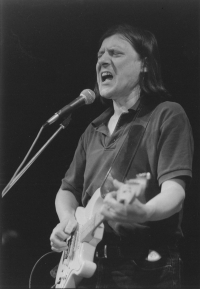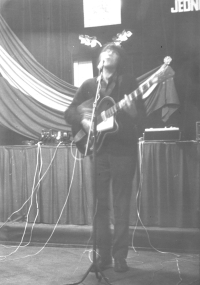He was forced to sign the Anti-Charter declaration during his military service. He did it out of cowardice and desperation

Download image
Jakub Noha was born on 1 September 1950 in Prague. He grew up in the family of Jan Noha, a poet, writer and translator, who at the time of his son’s birth was the director of the State Printing House. Later he held the post of the secretary of the Union of Czechoslovak Writers, but after refusing to cooperate with the State Security Service (StB), he worked as an editor at the State Publishing House of Children’s Books until his death in 1966. From 1970, Jakub Noha studied at the University of Economics in Prague. He did his compulsory military service in the Vít Nejedlý Army Art Ensemble, where, being pressured by the commanders of the main political administration, he signed the Anti-Charter declaration. Since the 1970s, he played his own repertoire and until the early 1980s, he was a part of the band called Pentagram, together with Oldřich Janota. Later he co-founded a musical trio NA PRAHU!. Since the late 1980s, he performed mostly solo or with guest musicians, and in 1992, his Jakub Noha Band, or Nohaband for short, was formed, which is still performing today. At the time of the interview (2023) he lived in Prague.
